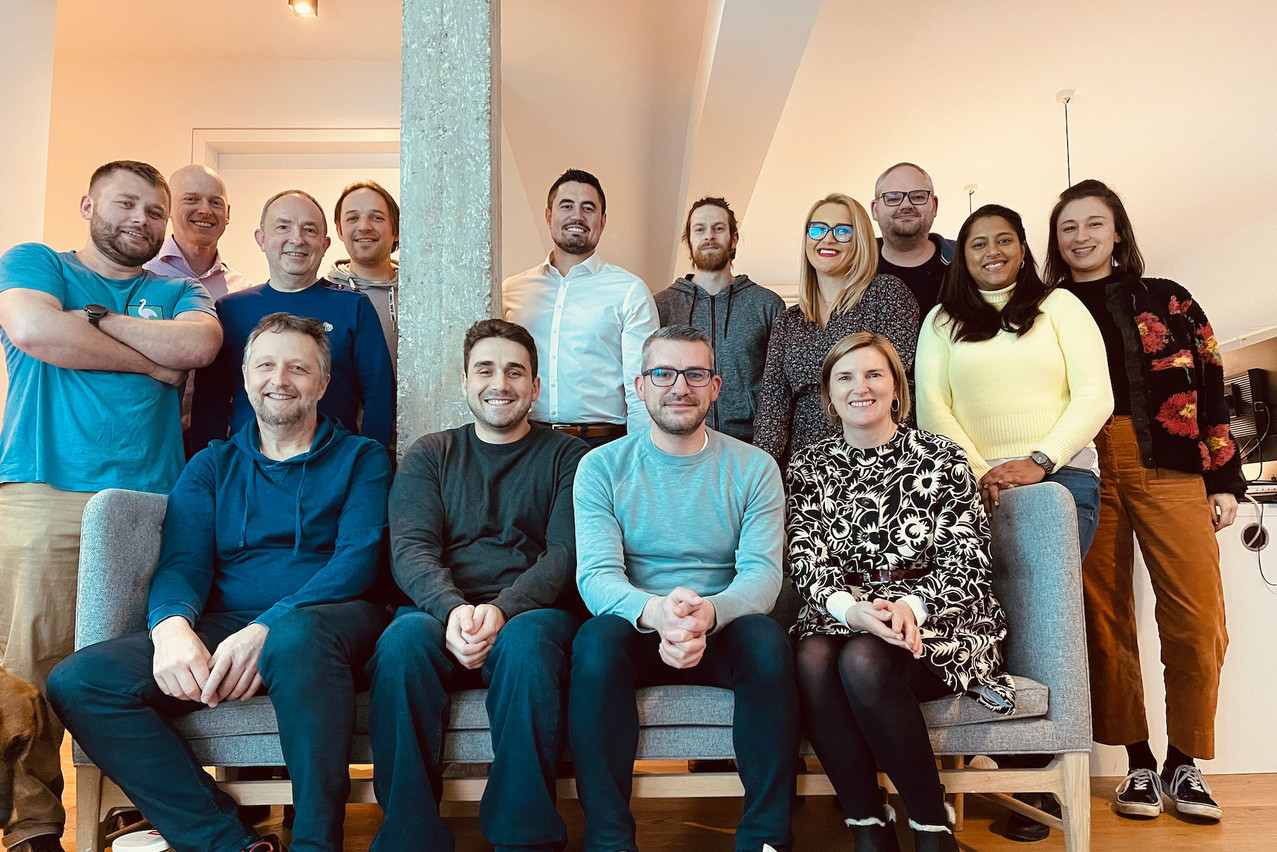, the sustainable investment application for individuals launched in mid-July by and his teams, has left the beta-testing phase. It is now accessible via its website and the Apple App Store. On 16 January, Moniflo even announced that the application is now available in Luxembourgish, in addition to French, English and German, the three most spoken languages in Luxembourg. The application automatically detects the language according to the media settings used. “We Luxembourgers speak three or four languages. But we really only master one,” says Bock, founder & CEO of Moniflo. Moreover, not all Luxembourgers have the same level of practice of ‘foreign’ languages, depending on their professional environment on one hand, and financial language on the other. “It was not enough to make our financial application transparent, affordable and jargon-free […]. It is about making investment accessible to all, not just a privileged few.”
Real transactions to begin by March
The startup earns fees from the 480 or so investment funds listed on the platform. These are mostly Luxembourg funds for the moment, although there are plans to extend the offer to Irish funds in a second phase. The funds as required by the SFDR (Sustainable Finance Disclosure Regulation) and Ucits.
Still awaiting the go-ahead from the financial sector regulator CSSF, Moniflo can still only offer trades on the basis of an artificial portfolio, with each user allocated €10,000 in fictitious money to invest as they wish. “This allows people to learn about investing, to experiment. We hope to start real transactions by March,” says Bock. The entry ticket is around €350 for the first payment. The user will pay a commission (between 0.2 and 0.6%) only when transferring his stake to the platform. There are no account opening, securities deposit or transaction fees.
We Luxembourgers speak three or four languages. But we only really master one.
“Anything that can’t be measured can’t be done”
Moniflo has also refined the granularity of the sustainable investment choices in line with user expectations for greater transparency. European policy, through the ESG taxonomy and reporting regulations, is playing its part with financial companies. Moniflo wants to expand the impact measurement criteria via other KPIs to non-financial topics such as supply chains, carbon footprint, green infrastructure, etc. “Sustainability is an individual concept, you can’t make generalisations. The Germans think that thermal gas is sustainable, the French think that nuclear is the right solution.”
Users make their choice via two filters: the impact measured according to ESG criteria, or the exclusion principle (no nuclear, no coal, etc.). “It's a personal conviction: anything that can’t be measured can’t be done. For companies to change their attitude and for the system to measure financial performance differently, it has to be supported by the general public.”
At the moment, Moniflo does not do financial education, and it is also too early to publish statistics, but this is in the pipeline. “This is an additional service we will offer to investment funds. What are the most recurrent exclusions? What are the most requested themes? They’re interested in that, because the traditional distribution networks make very little return.”
This story was first published in French on . It has been translated and edited for Delano.

